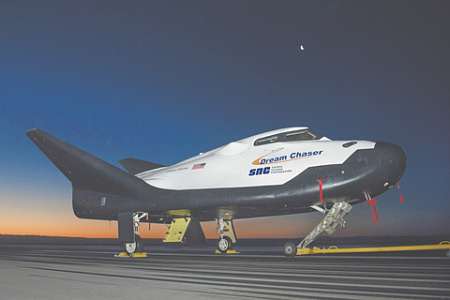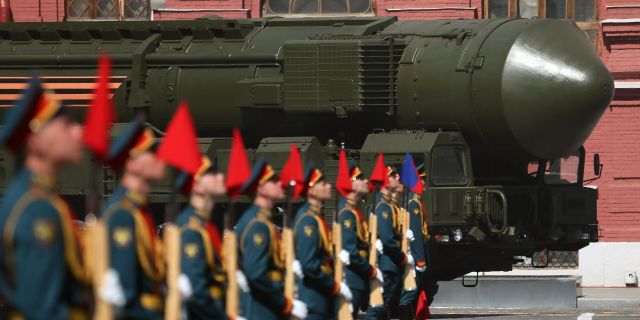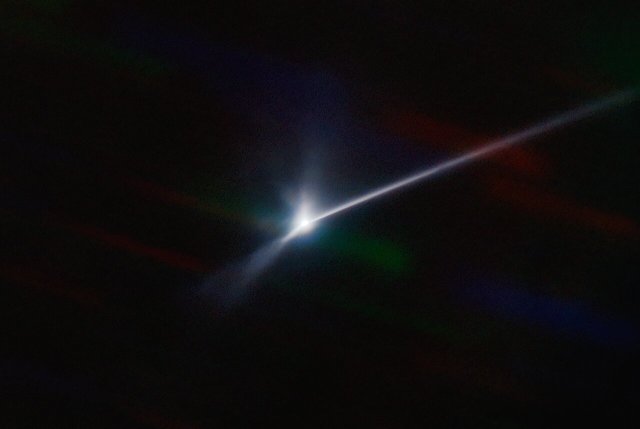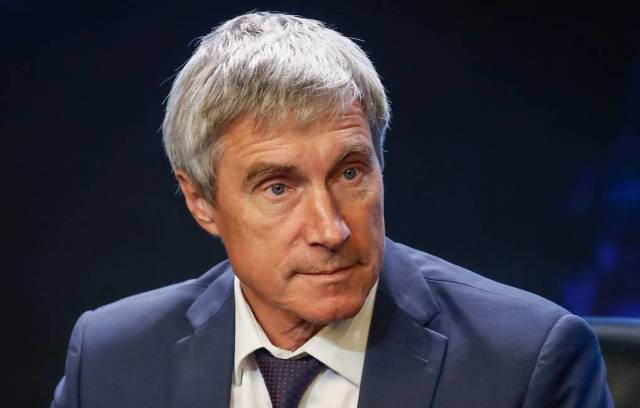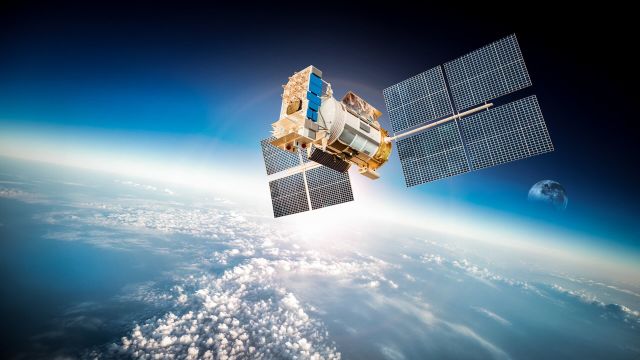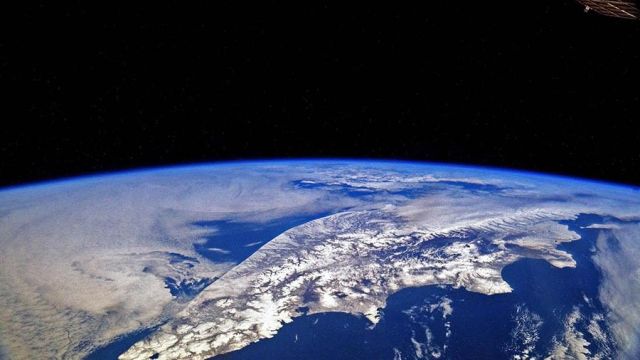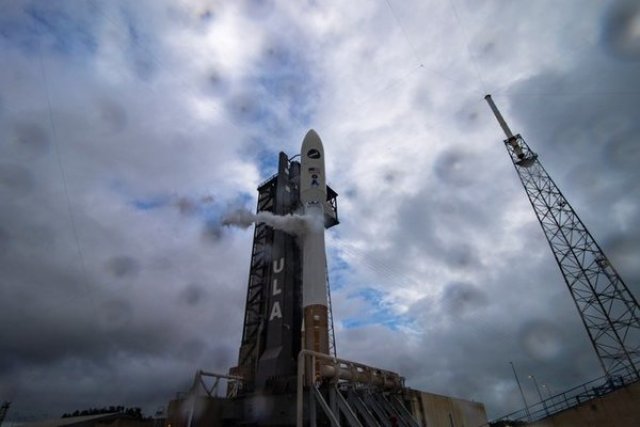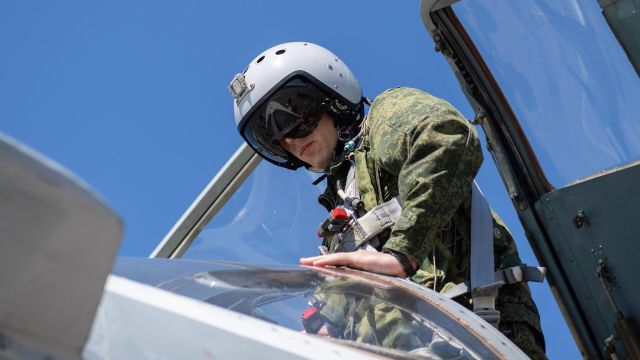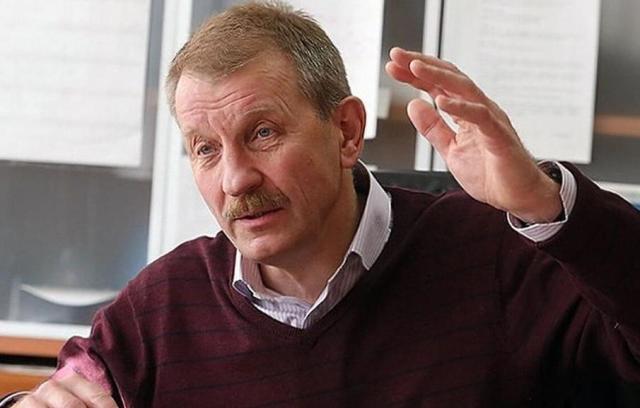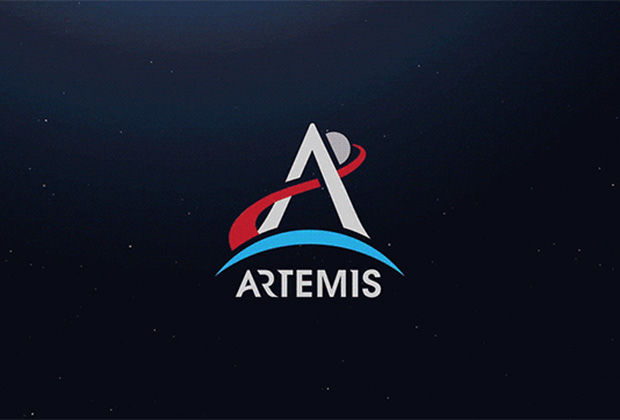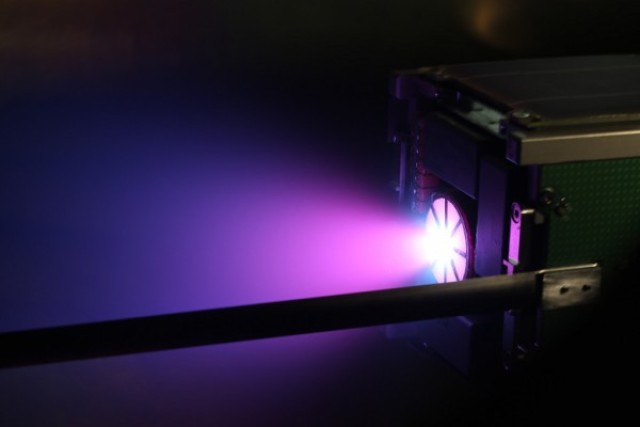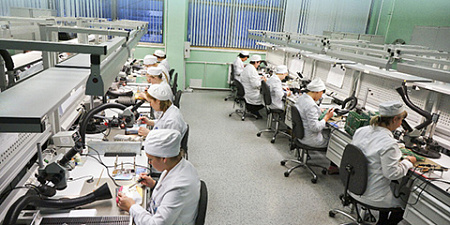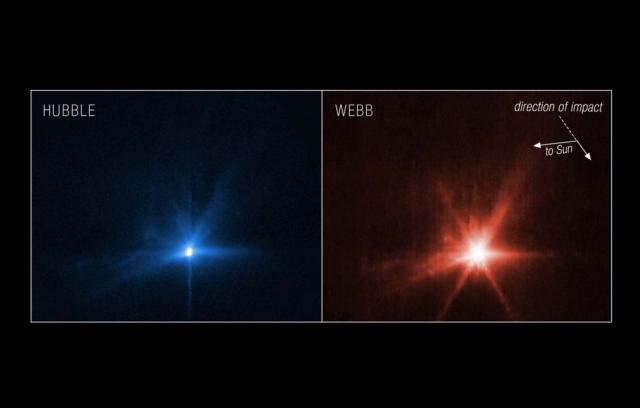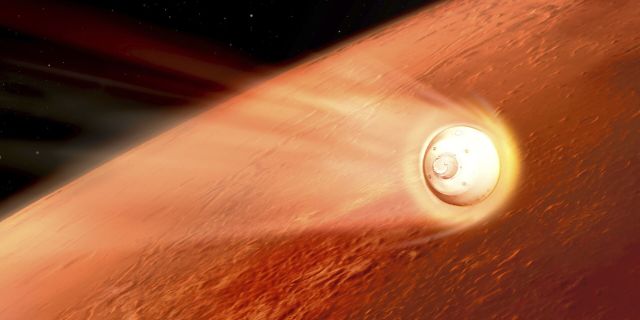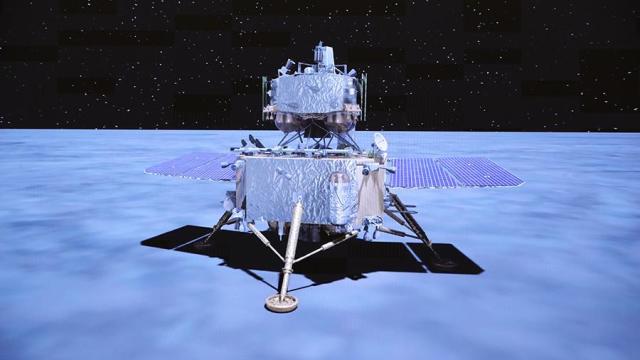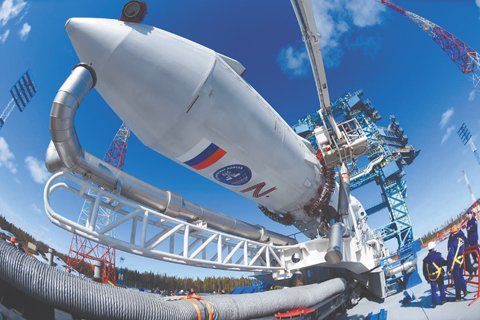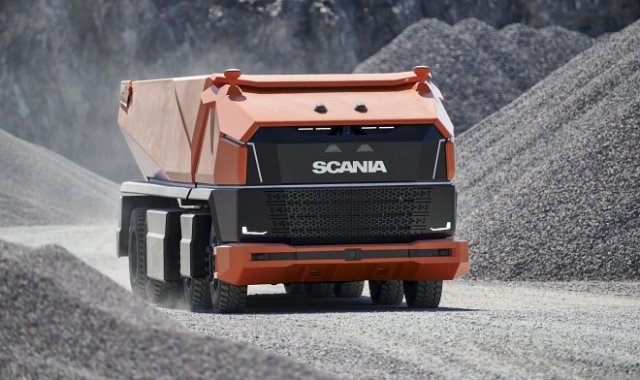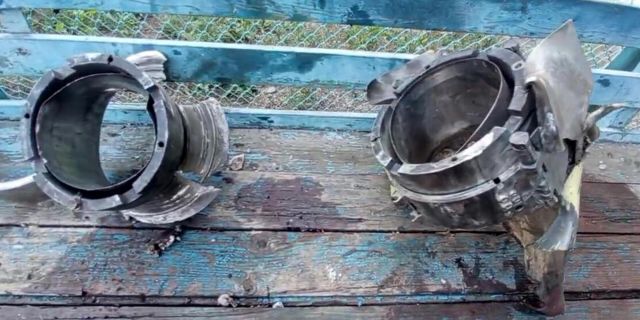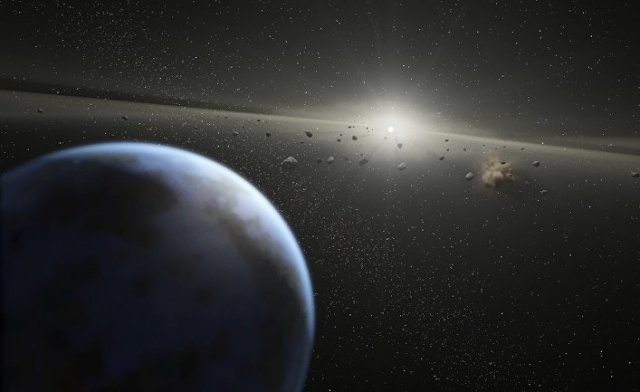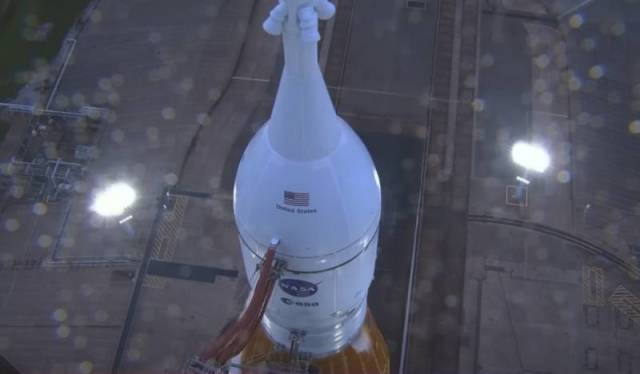Latest news on "Space"
The Soviet BORON is the predecessor of the American Dreamchaser
How the Russian orbiter scared the whole of Australia
The American company Sierra Space has begun assembling a reusable spaceship Dream Chaser, created using developments for the Soviet mini-shuttle BOR.
Russia has the largest nuclear arsenal. NATO forces will be destroyed in half an hour
Russia is not inferior to NATO in the development of nuclear weapons, writes Al Mayadeen. Its missiles can be launched from the sea, air and land, and some of them are equipped with separable individual guidance combat units. In the event of a nuclear war, the alliance forces will be destroyed within half an hour.
The consequences of the DART mission are recorded
Scientists from NOIRLab have recorded the consequences of the DART (Double Asteroid Redirection Test) mission, which consists in ramming the Dimorph asteroid. As a result, the object formed a long tail. The findings of the observations are published on the official website of the organization.
Krikalev: cross-flights of the USA and the Russian Federation allow countries to maintain a presence on the ISS
The Executive Director of Roscosmos for Manned Space Programs called the launch of the Crew Dragon spacecraft with cosmonaut Anna Kikina a new stage of cooperation
The agreement on cross-flights between the US National Aeronautics and Space Administration (NASA) and Roscosmos allows specialists of the two countries to develop cooperation in maintaining their presence on the International Space Station (ISS).
Russian Foreign Ministry: The United States in the context of Ukraine uses infrastructure in space for military purposes
Quasi-civilian infrastructure may be a legitimate target for a retaliatory strike, the Russian Foreign Ministry recalled
The United States, in the context of the conflict in Ukraine, uses components of civilian infrastructure in space for military purposes, but such quasi-civilian infrastructure may be a legitimate target for a retaliatory strike. This is stated in a statement by Vladimir Ermakov, Director of the Department for Nonproliferation and Arms Control of the Russian Foreign Ministry, announced on Tuesday at a meeting of the First Committee of the UN General Assembly. The text was read by his deputy Konstantin Vorontsov.
Iran tested the interorbital tugboat "Saman"
The Iranian Space Agency, together with the Aerospace Industry Organization of the Ministry of Defense of the country, conducted a test launch of the interorbital tugboat "Saman". This is reported by the IRNA agency.
The Atlas V rocket with a Russian engine put two television satellites into orbit
The SES-20 and SES-21 devices are designed to provide a television signal in the USA
The American company United Launch Alliance (ULA) has launched an Atlas V launch vehicle equipped with a Russian RD-180 engine. It will deliver two satellites of the Luxembourg company SES into orbit.
Orbit defense. Russian Space Forces Day
On the fourth of October, Russia celebrates the Day of Space Troops. We will tell you about the holiday, its history and traditions for 2022 in the material of Sputnik radio.
CEO of NPP Zvezda: the first step of creating a lunar spacesuit has been made - TASS interview
Events in Russia and the world. Analytical publications. Materials of press conferences. Video and photo reports
October 2 marked the 70th anniversary of the founding of the scientific and production enterprise "Zvezda". academician G.I. Severin. It is the only manufacturer of spacesuits for astronauts in Russia. The NPP is also engaged in the creation of individual life support systems for pilots and astronauts, means of rescue of crews and passengers in case of aircraft accidents, aircraft refueling systems in flight.
NASA postpones launch of Artemis 1 mission to the Moon until November
NASA has decided to postpone the launch of the Space Launch System (SLS) superheavy launch vehicle to the Moon with the Orion spacecraft as part of the Artemis 1 (Artemis-1) mission until November, to conduct additional checks of the rocket after Hurricane Ian.
The first tests in space confirmed the operability of the VERA plasma engine
It will help solve the problem of space debris
The VERA pulsed plasma engine, developed at the National Research Nuclear University (NRU) (Moscow Engineering Physics Institute, MEPhI), was tested for the first time during a real space flight and confirmed its operability. This was reported to TASS on Friday in Sitronics Group.
Serial production of onboard equipment for satellites will begin in Yaroslavl
Such a transition will increase the pace of production of modern and high-quality products for space
Director General of the state Corporation "Roscosmos" Yuri Borisov instructed to organize the serial production of unified onboard equipment for satellites at the Yaroslavl Radio Plant. This was reported on Friday in Roscosmos.
NASA telescopes have received images of the asteroid Didymus after the collision with the Dart probe
The first detailed photos of the collision point will appear in 2026, after the launch of the Hera mission
TASS, September 29. The Hubble and James Webb orbiting telescopes received the first photos of the double asteroid Didymus after one of its halves collided with the DART probe on Tuesday, which presumably led to a change in the course of the celestial body's movement. This was reported on Thursday on the official website of the James Webb telescope.
Traces of two catastrophes have been found on Mars
Chinese rover has detected signs of catastrophic floods
The Chinese rover Zhuzhong has detected signs of two major floods on the Red Planet, the British scientific journal Nature reports. Scientists suggest that they could form the entire southern part of the Utopia Plain, which experts have been studying since 2021.
Scientists have found traces of the asteroid that killed the dinosaurs in samples of lunar rocks from Chang'e-5
The age of the glass microparticles found in lunar soil samples coincides in time with several of the largest asteroid impacts on Earth
Planetary scientists have found microparticles of glass in samples of lunar soil collected by the Chinese probe Chang'e-5, whose age coincides with several of the largest asteroid impacts on Earth. They include a celestial body that killed the dinosaurs 65.5 million years ago, the press service of the Australian Curtin University reported on Wednesday.
South Korea plans to abandon Russia's services when launching satellites
Yonhap reports that the country is likely to opt for the American company SpaceX or the European Space Agency
The authorities of the Republic of Korea are considering the possibility of refusing to launch their satellites with the help of Russian launch vehicles in 2022. This was reported on Wednesday by the Yonhap agency with reference to a document of the Ministry of Science and Information and Communication Technologies of the Republic of Korea.
Autonomous dump truck Scania demonstrates the future of unmanned trucks
It is obvious that in the near future, human drivers will be replaced by autonomous control systems equipped with artificial intelligence. A good example is the AXL unmanned dump truck from the Swedish company Scania.
The West is testing new military technologies in Ukraine. And fails
The West is testing a lot of new military technologies in Ukraine
The United States has turned Ukraine into a testing ground, military media resource Vox writes. So far, the role of new American military technologies on the battlefield is very limited. Even the vaunted HIMARS did not make a cardinal change in the conflict.
The expert called NASA's methods of changing the orbit of asteroids ineffective
The use of the DART probe is a variant of the so-called soft power, noted astronomer Leonid Elenin
The methods of changing the orbit of asteroids dangerous to the Earth, which NASA plans to work out on September 26, may not have an effect for objects that are too close to our planet - several months or even years before the moment of collision with it. This opinion was expressed to TASS on Friday by astronomer Leonid Elenin, a researcher at the Keldysh Institute of Applied Mathematics of the Russian Academy of Sciences.
The US Space Forces announced the "mobilization" of young programmers to create and improve software platforms
The Chief of Staff of the US Space Forces, General John William "Jay" Raymond, reports that the department intends to significantly increase the recruitment of young and talented programmers who can work with code.




